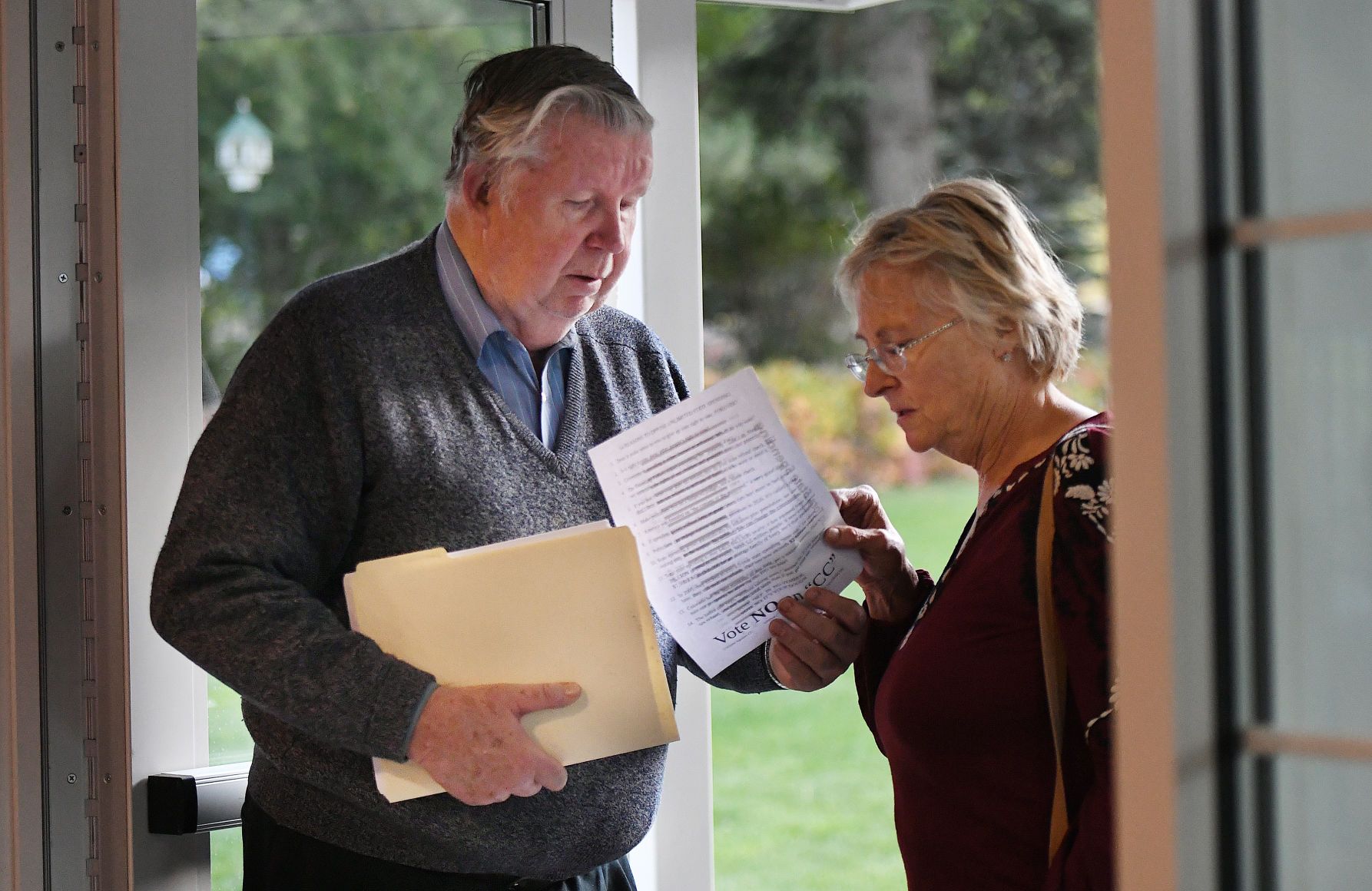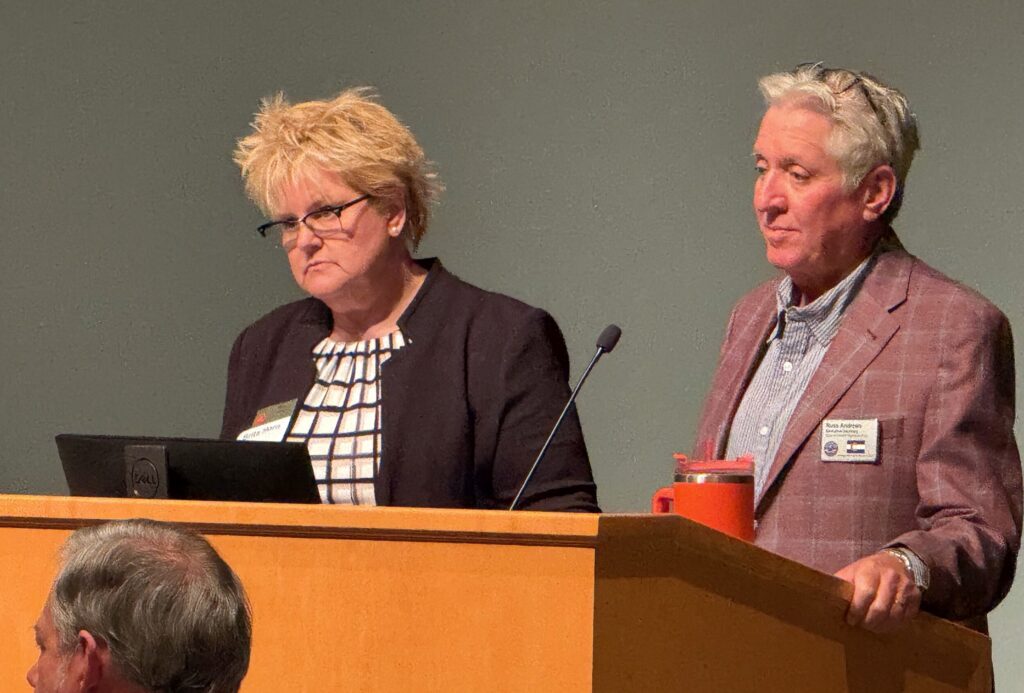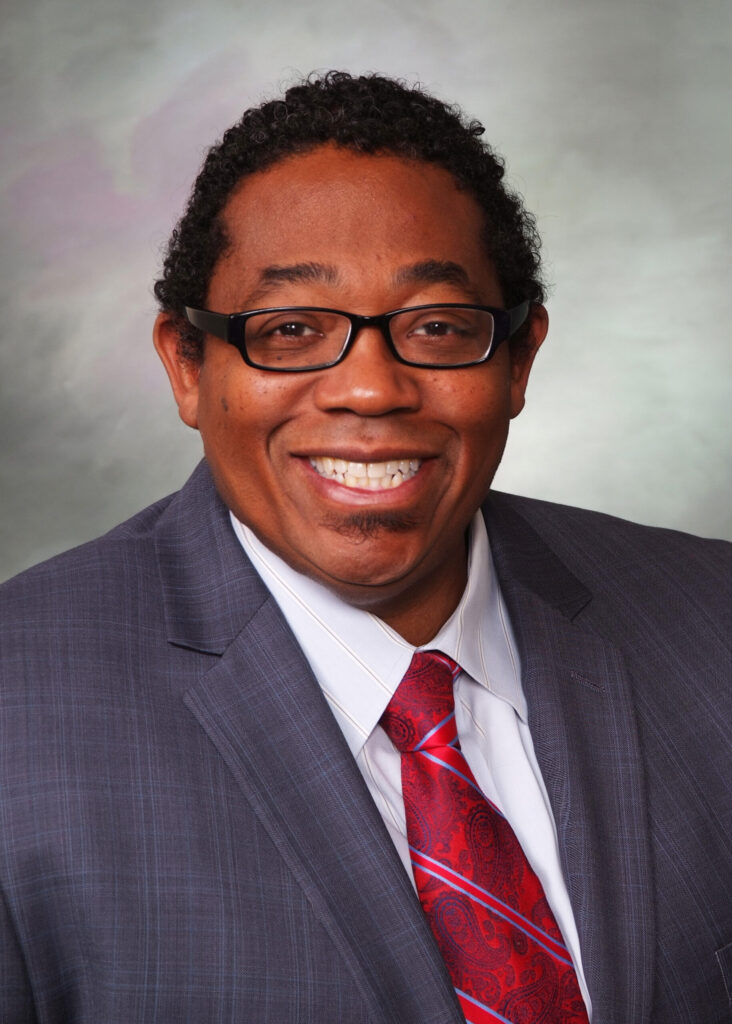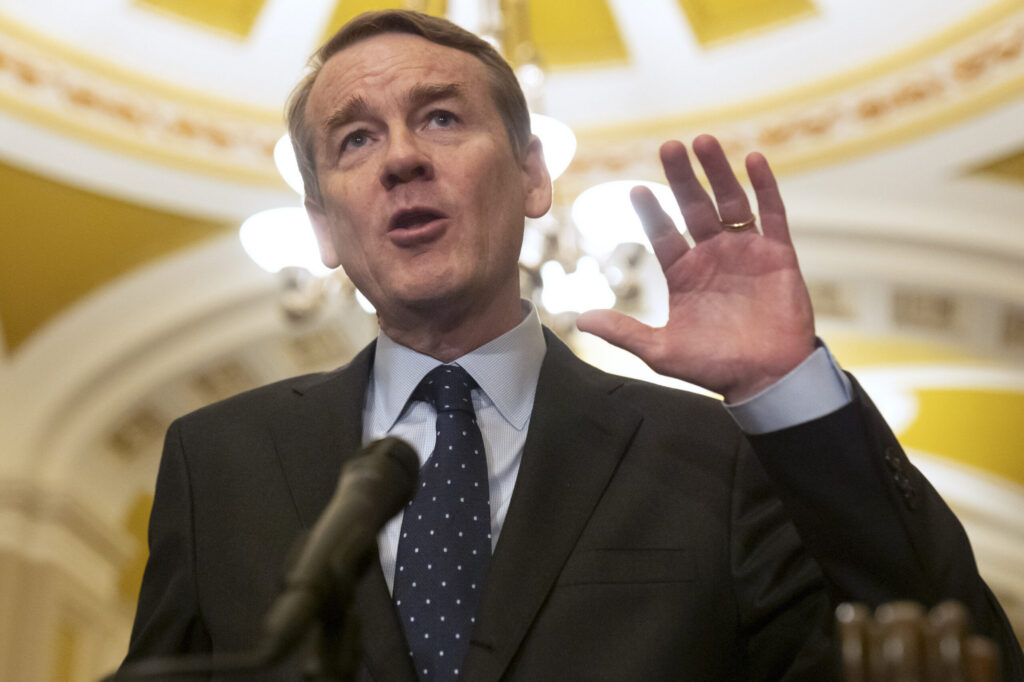Colorado taxpayers face ballot measure with important fiscal implications | OPINION

By Alexander Ciccone
Colorado voters face an important choice this November with Proposition LL, a ballot measure to allow the state to keep more of your hard-earned tax dollars.
Under current law, any excess tax revenue is returned to taxpayers under the Colorado Taxpayer’s Bill of Rights (TABOR), a constitutional safeguard that ensures the state government does not keep more money than voters authorize.
Enacted in 1992 by voters, TABOR is unique to Colorado. TABOR prevents the state as well as local governments from increasing tax rates without the explicit consent of voters. It also requires voter approval for any revenue collected beyond existing rates when that revenue grows faster than inflation and population. TABOR’s protections are not theoretical — they are binding constitutional safeguards that keep government in check.
TABOR’s protections were reaffirmed this year in a significant court ruling. National Taxpayers Union Foundation’s legal team represented ranchers and property owners in northern Colorado after their local water conservancy district doubled property taxes without a public vote, in direct violation of TABOR. The Colorado Court of Appeals sided with taxpayers in affirming government entities cannot raise taxes without first securing the consent of voters.
Proposition LL effectively circumvents this safeguard by letting the state spend millions of dollars in surplus funds for a “Healthy Meals for All” program. Though this ballot initiative is framed as a way to sustain school meal initiatives, it raises serious questions about fiscal accountability, taxpayer protections and the long-term precedent it sets for government overreach.
Three years ago, Colorado voters approved Proposition FF, which created a school meals program for public school students. It was funded by limiting itemized and standard deductions to state income tax for individuals with incomes over a certain threshold. This ballot measure significantly increased the tax burden for Coloradans and added more than $100 million to the state coffers.
This tax increase raised $12.4 million more than what was originally anticipated by lawmakers in the 2023–2024 fiscal year. However, program administrators have since warned the cost of running the school meal program has also exceeded expectations, raising concerns about its long-term sustainability.
Now, overzealous tax collectors want to add insult to injury by undermining the state’s TABOR protections. Under Proposition LL, state officials are asking voters to let them keep and spend the $12.4 million in excess revenue on the student meal program rather than return it to taxpayers. If voters reject the measure, those funds would instead go back to the roughly 200,000 Coloradans who paid them.
Though returning the $12.4 million to taxpayers wouldn’t provide anyone with a financial windfall, the ballot measure symbolizes a larger erosion of fiscal discipline and taxpayer control of the state’s finances. Colorado voters designed TABOR to prevent the government from automatically spending money that exceeds projections. Proposition LL undermines that principle and risks letting the government grow unimpeded over the long run.

TABOR’s constraint on lawmakers has yielded tangible benefits on state finances. During the first decade after TABOR’s ratification, total state spending increased by slightly less than 1% per year beyond inflation and population growth. By 2002, TABOR had already facilitated significant taxpayer refunds, with more than $2.3 billion returned to Coloradans through various mechanisms, including income tax rebates and sales tax refunds.
Proposition LL also highlights a broader concern about how programs like Healthy School Meals for All are funded, because exceeding revenue estimates indicates a need for better budget management and planning. Instead of allowing the state to keep excess revenues, lawmakers should focus on using existing resources more efficiently to ensure the interests of taxpayers are protected. This ballot measure is framed as a tiny adjustment to fund school meals, but in reality it chips away at TABOR’s promise that taxpayers, not politicians, decide how excess revenue is used.
If the state keeps this surplus today, lawmakers will argue for keeping larger amounts tomorrow. The better path is to respect voter-approved limits on taxation, refund the excess revenues to taxpayers as TABOR requires, and encourage lawmakers to manage existing resources more responsibly.
Alexander Ciccone is policy and government affairs manager at the National Taxpayers Union in Washington, D.C.













